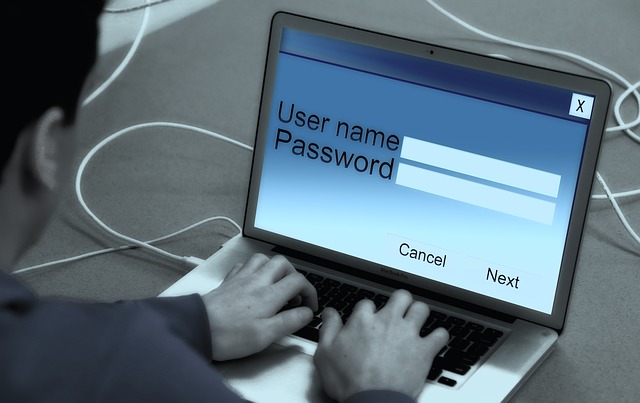3 min read
Identify Theft - Protect Yourself and Your Employees
Identify theft is a problem we've been hearing about for years. Maybe it's happened to you or someone you know. But just how big is the problem these...
Expert payroll management services with a personal touch.
View Solution Read Guide HR Support
HR SupportSimplify and personalize HR with a team of HR experts on-demand.
View Solution Read Guide Time & Attendance
Time & AttendanceWhy spend more unnecessary time and money managing your workforce?
View Solution Read Guide Hiring & Onboarding
Hiring & OnboardingTurn your candidates into employees with hiring & onboarding solutions.
View Solution Read GuideAdd On Solutions automate everyday tasks, prevent mistakes, and simplify business compliance.
View SolutionHelpful downloads and eBooks to empower your business.
Helpful tax and HR alerts to help keep your business compliant.
Payroll and tax-related forms and documents.
Horizon's blog provides valuable insight into payroll, compliance, human resources, and more.
See our client success stories for a case study on how we can help your business.
Payroll and HR strategy requires intelligent technology, personal attention and specialized expertise in the needs and nuances of your business.
We provide payroll and tax processing services for businesses from 1 to 1,000 employees or more. Today, we have nearly 1,000 customers in 40 states.
Identity theft happens. According to the 2015 Identity Fraud Study, $16 billion was stolen from 12.7 million U.S. consumers in 2014. But how is all this identity theft happening? Where is it happening? The answers may surprise you.
Common Types
Let's start with the most common types of identity theft. According to the Federal Trade Commission (FTC), they are:
Government documents fraud accounts for nearly 40% of all identity theft. Most government documents fraud is tax-related, and it's on the rise. Between 2013 and 2014, the number of complaints to the FTC regarding IRS impostors increased by 2300%! Tax-related identity theft occurs when someone files a fraudulent return in someone else's name in order to obtain the refund. Most victims don't find out they've been duped until they're notified by the IRS. The IRS Identity Theft page offers some advice for avoiding tax-related identity theft and what to do if you've been had.
We're all probably more familiar with the second most prevalent form of identity theft, credit card fraud. This can range from a thief simply using your credit card number to an elaborate scam where thieves set up entire accounts using your personal information. Victims often don't find out about the latter until they receive the bills or a negative credit report.
Phone or other utilities fraud occurs when a thief sets up a phone, electric or other utilities account using someone else's stolen personal information. When the thieves don't pay the bills, the utility companies come after you.

How Theft Happens
How do thieves access the information they need to steal your identity? Their methods range from basic to pure technological genius. According to the Center for Identity Management and Information Protection, top methods (and the ways to thwart them) include:
Prevent It
Now we know what identity theft is and how it occurs. What else can we do to prevent it? Whatever it takes! Financial guru Dave Ramsey estimates it takes 600 hours to clean up after an identity theft. 600 hours!
As previously mentioned, always shred. Regularly check your credit reports. Subscribe to a credit monitoring service, such as LifeLock. Be proactive about your mail. Did I mention shred?
If it's too late, the Federal Trade Commission recommends you follow these steps to repair the damage:
Do you have an identity theft story? We sure hope not but if so, feel free to share your story in the comments section.

3 min read
Identify theft is a problem we've been hearing about for years. Maybe it's happened to you or someone you know. But just how big is the problem these...

5 min read
We've blogged on phishing before, but it's time for a refresh. In 2017 the IRS received approximately 900 complaints about phishing and suspected...

5 min read
As if you need one more thing to worry about this time of year, the IRS has issued an urgent alert regarding phishing scams. These scams target...